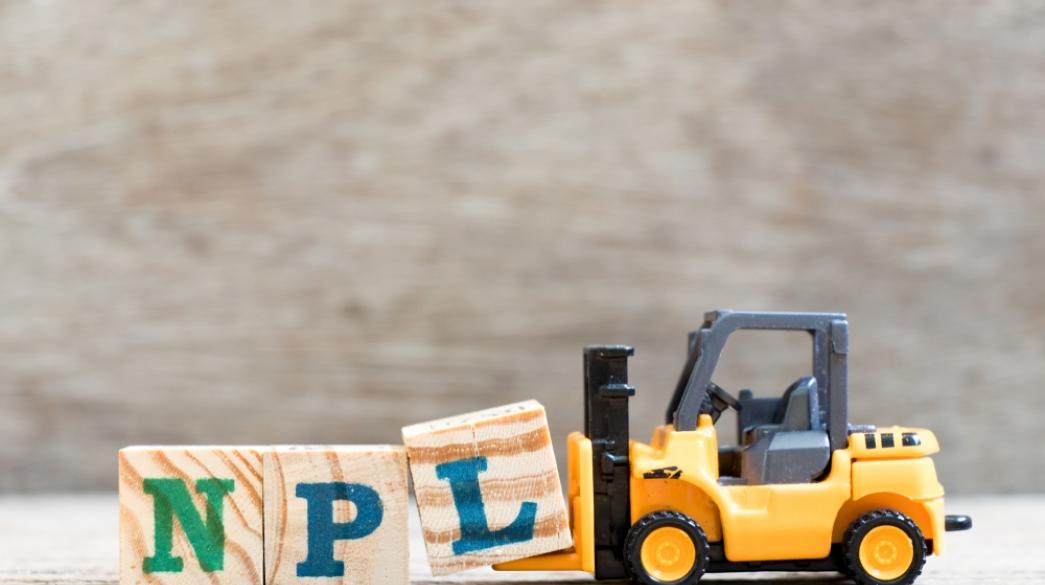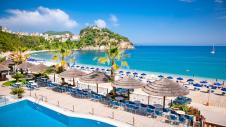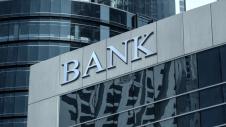The risk of α new generation of bad loans being created due to the pandemic and its effects on the economy was the topic in focus on the online discussion "Bad Loans: The New Reality". Particular reference was made to new bankruptcy code but also to the day after for small and medium-sized businesses and the tourism sector.
Participating in the online discussion organized by Tsomokos Digital was George Georgakopoulos, Intrum Hellas managing director, Theodoros Kalantonis, chairman of FPS, Fotis Kourmousis, Special Secretary for Private Debt Management, Panos Paleologos, founder and president of Hotel Brain and Giannis Chatzitheodosiou, head of the Athens chamber of tradesmen.
New bankruptcy code
The government is preparing a set of measures that would have been ready had the pandemic not broken out, said Kourmousis, referring to the new bankruptcy code. The government's goal, he said, is for those who go bankrupt to be able to make a fresh start, after all their property has been liquidated.
The Greek government official estimates that the new law will be ready by summer as he spoke about the direction the government has chosen, such as the rent subsidy to vulnerable households, the acquisition of houses by a public body and it then being leased by those that went bankrupt, with the possibility of buying the home back after a few years.
"We certainly expect an increase in bad loans, the crisis will create a new generation of bad loans and I'm talking about both categories (old and new). I am talking about an increase of 10 -15 percent, in numbers that's about 7-10 billion euros, taking into account that today bad loans are at 70 billion euros ", stressed Kalantonis.
"In Italy, where Scope dared to make a prediction, it spoke of a 10 -15 percent increase in NPLS. We will definitely be below Italy, but around there," he said.
Referring to the issue of home auctions, he stressed that, although no one wants to discuss it, "it is a necessary evil." "Before the previous crisis, there were 60,000 auctions in Greece a year, when NPLs were at 5 percent. Nobody cared. The issue was not of concern. During the crisis, incomes fell, amidst many other factors, auctions stopped, and some began to be held towards the end (of the crisis). Last year, we reached a peak of 20,000 auctions," he said, noting that stopping forced home sales played a big role in harming the payment culture.
Small businesses send SOS
"Small and medium-sized enterprises are experiencing the worst crisis since World War II," said Chatzitheodosiou, describing conditions in the broader market. "Closing them for a month and a half - two months have brought on terrible problems and the restarting of the economy will be problematic. Of the 750,000 small and medium-sized enterprises, 400,000 are self-employed professional and 150,000 - 200,000 employ up to 9 employees," he said, adding the need to support them with liquidity. "30 percent of catering businesses will not open at all. What we are asking from the banks is to offer support by granting loans with more flexible criteria. It is an illusion to think that bad loans will not go up. The support of businesses must be a national effort," he added.
Paleologos described 2020 as a lost year for tourism. He expressed concerns about "extortionate" moves from foreign funds aiming to complete hotel acquisitions due to the pressure they will be under as the working capital lost due to the restrictions will be replaced in a year.
"In a northern European country, the entire budget of the Greek government to deal with the coronavirus has been given as unconditional support to a single company by its government," he said, stressing the industry's limited bargaining power in Greece, given its fragmented nature. He went on to add, however, that he is confident that tourism will once again be the force driving the economy out of the crisis
Christina Zafeirouli









